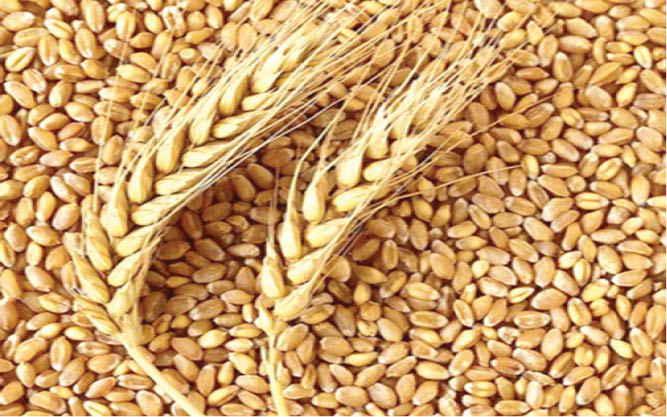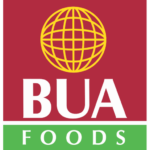A former Executive Director of Lake Chad Research Institute (LCRI), Dr. Oluwasina Olabanji has said that Nigeria spends $5.1 billion on wheat importation annually.
The Olabanji made this known at a two-day inception workshop organized to mark the start of the project, “Soil Mapping and Fertility Evaluation for Formulation and Validation of Wheat specific Fertilizer in Nigeria”, held in Kaduna.
- Shoot them or talk to them? What Nigeria must do with its bandits
- Buhari already brought his govt down, Aisha Yesufu replies Garba Shehu
Olabanji also projected that wheat consumption in the country will increase from the present import level of US$5.1billion between now and year 2050, due to growing population especially at the urban cities if proactive actions are not taken.In his paper presentation, Olabanji said Nigeria requires 5.1 million tons of wheat grain annually, but presently produces only 300,000 metric tonnes (2017) and thus depends on imports to meet the huge deficit.
Meanwhile, at the event, OCP also partnered partnered with research institutions in Nigeria to grow wheat production by developing a specialized fertilizer for wheat.
The partnership was with the Lake Chad Research Institute (LCRI- the institute with the mandate to improve wheat production in Nigeria; The Institute of Agricultural Research and Training (IART) – the institute with the mandate on soil fertility; and the Centre for Dryland Agriculture, BUK- the Centre of excellence for dryland agriculture will proffer solutions that will increase wheat production in Nigeria beyond the abysmal 5 percent of the local consumption.
OCP Africa Nigeria Country Manager/Deputy Managing Director, Caleb Usoh, represented by the Business Development Manager, Akin Akinwande, at the event said they took the mandate to grow local Wheat production after the Kaduna State Ministry of Agriculture beckoned on it in 2020 for assistance with soil testing. This subsequently led to the development of bespoke fertilizer for about 142,000 hectares cleared for wheat production in the Birnin Gwari area of the state.
According to him, they felt challenged because of the enormity of work involved as ‘’Wheat production in Nigeria is faced with several problems which include and may not be limited to the following: poor access to improved seed varieties, inappropriate fertilizers & agrochemicals, poor irrigation systems, lack of funding for wheat research systems and poor knowledge of wheat agronomy’’.
In her remarks, Professor Veronica Obatolu, Executive Director, Institute of Agric Research and Training (IART), Ibadan said for any successful agriculture, one need to take care of the soil because soil is the bedrock for increase yield.
She said they have done a lot of research on crop variety genetic improvement and has observed that farmers are not getting what they are supposed to get which is bad because the soil has not been taken care of as the first foundation for successful farming.
‘’So, this project now is addressing that, so that we will be able to be crop specific; test the soil and see what is milting within that soil, because each of the crop needs different nutrients and by testing the soil in different local governments, and different areas, we will be able to determine what that particular soil lacks within a particular community and how we can mix the fertilizer to make inputs to be able to benefit the wheat farmers,” she asserted.

 Join Daily Trust WhatsApp Community For Quick Access To News and Happenings Around You.
Join Daily Trust WhatsApp Community For Quick Access To News and Happenings Around You.


